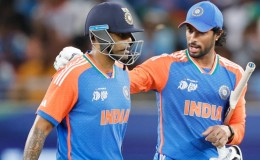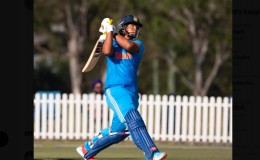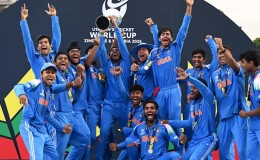New Delhi: Justice Mukul Mudgal, Former Chief Justice Punjab and Haryana High Court has suggested regulation of betting in sports in India, rather than banning it. This would go a long way in minimizing the risks associated with betting and taxation of such activities would yield revenue to the government of over Rs 12,000 crore.
Speaking at a ‘FICCI Conference on Regulating Sports Betting: A Vice to be tamed?’ on Wednesday, Justice Mudgal observed that betting on sports exists at an exponentially high level in India. Estimates show that the betting market in India stands at Rs 300,000 crore. “The threats posed from this unregulated betting are immense; the society becomes vulnerable as revenue from these activities is used to finance criminal activities, the person placing the bet is at the mercy of the bookies as they have no legal right to have their bets realized. Also the sport federations and the government lose an effective tool to detect and curb match fixing in sports,” he added.
Kirti Azad, Member of Parliament and renowned cricketer, pointed out, “Before we think of regulating betting in Indian sports, there is a need to regulate the sport federations and associations in the country.”
He said it has been seen that sports bodies have failed to abide by the law of the land and given a leeway for malpractices like spot fixing and match fixing to flourish. “Instances have come up where there is no accountability of money being transferred from unknown sources to a sportsperson’s account or new bank accounts being opened in foreign lands without prior permissions from the concerned authorities like Reserve Bank in India,” said Azad.
Carl A Rohsler, Partner, Squire and Sanders (UK) LLP, stated, “Banning of betting will not help India as it will continue to thrive in a big way, the government will lose revenue in the form of taxes and the continuous investment in curbing it will not reap the desired results. Hence, the government should think of legalizing betting and earn taxes.”
Stating some of the advantages of betting, Rohsler stated that it will keep a check on criminality as gambling operators will be identified and monitored along with the clients they deal with. Fair and transparent regulations will be established and specified which types of gambling are permitted. Also vulnerable youngsters can be protected from getting exposed to gambling.
V Lakshmikumaran, Partner, Lakshmikumaran and Sridharan Attorneys, pointed out that “The greatest advantage of regulating sports betting is that there will be accountability for the large amounts of money transferred through illegal channels leading to reduction in cases of match fixing, money laundering and crimes. The question now is how to tax the money involved in gambling and need to devise a system which encourages betting operators to function openly.”
Dr Arbind Prasad, Director General, FICCI, said that FICCI is still in the process of finalizing the analysis of the survey and is looking forward to bringing about a consensus on the issue of regulation of sports betting among the stakeholders.
The preliminary findings of the FICCI survey on the issues were unveiled by Rajpal Singh, Additional Director, Head-Sports, FICCI. Majority of the survey respondents felt that regulating sports betting will help in curbing match and spot fixing and more people will engage in it. Also the masses are in favor of regularizing betting rather than banning it.










